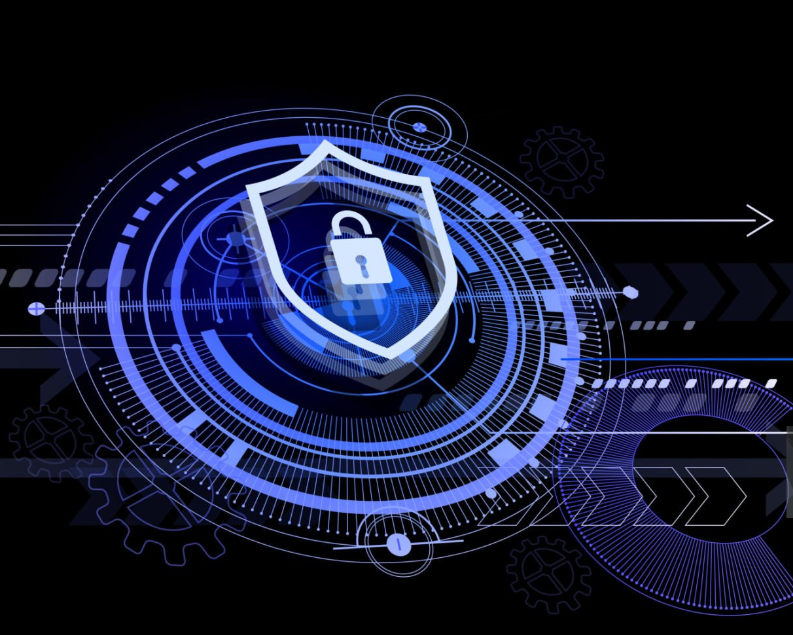
Cybersecurity this, cybersecurity that—but what does it even mean?
Based on the wording alone, we can deduce that it’s about protecting something digital or something related to computers.
So is it about preventing your laptop from getting stolen? (Well, not exactly).
So what, then, exactly, does it protect?
In this article, we’ll give you an overview of what cybersecurity protects, why it’s important, and how to enact cybersecurity practices.
Long story short, cybersecurity is all about protecting your digital assets.
This pertains to your files, your digital information, and other computerized data, as well as digital systems for businesses and organizations.
With a lot of both our personal and professional lives now being computerized and processed online, much of our personal data is now digitized.
Things like our:
All these and more are stored in digital data and can be subject to attacks.
Cybersecurity is all about keeping such information safe from prying, malicious actors who wish to invade our privacy, steal our identity, or manipulate our information for their gain.
In fact, cybersecurity is arguably even more important for businesses and organizations than private individuals.
After all, businesses also store sensitive data online, such as:
These assets are quite literally the lifeblood of many organizations. Losing them or getting them stolen can quickly spiral into the whole business getting compromised. Or, at the very least, lose them a market advantage.
Cybersecurity also safeguards the technical infrastructure that powers digital systems, like:
In the past, large companies like Microsoft, NASA, and Sony—and even entire governments—had their systems attacked. This rendered their websites and digital services unusable and led to great financial and reputational loss.
Perhaps the most immediate benefit of cybersecurity is financial protection. Just think about it: a cyberattack can give someone complete access to your bank account (and all the money in it!).
Aside from direct financial loss from theft, being cyber-secure also allows you to avoid:
Trust is a currency—especially for businesses and organizations. A company letting its workers’, clients’, and customers’ data be breached is quite a death sentence.
For example, in 2013, Russian hackers attacked Yahoo!, leading to 3 billion accounts being compromised. This led to sensitive info being stolen, like people’s passwords, security questions, and phone numbers.
In such a case, people’s personal digital assets were also the business assets of Yahoo!, making it a double whammy. This led to Yahoo! losing tens of millions of dollars and facing countless lawsuits.
With fewer people now being less willing to use its services, it ended up as a big contributor to the website’s decline.
Good cybersecurity practices contribute to smoother digital operations by:
After all, cyberattacks are not just limited to stealing data. Many cybercriminals also seek to derail digital operations.
With cybersecurity being an increasingly important issue, governments around the world have various laws to protect their citizens’ data.
Examples include:
Or, even if your data isn’t getting stolen… doesn’t it simply make you uneasy that other people know personal things about you?
On an individual level, setting a strong password is the easiest and most immediate thing people can do.
Another way to boost your security is by using two-factor authentication or 2FA. This refers to the process of confirming your identity on two devices when accessing data.
VPNs or virtual private networks allow you to mask your IP address. This adds another layer of security from cyberattacks, as well as allowing you to access geo-restricted content.
The good news is that using VPNs no longer requires extensive tech knowledge. VPNs are now highly accessible. Many providers exist, but we personally recommend Surfshark. You can check out Surfshark reviews for yourself.
Using encrypted platforms for file storage and communications is a must, especially for businesses and organizations. Encryption refers to the process of converting digital information into secret code. It “scrambles” data, and only owners of that data can “unscramble” it.
With many, if not most, aspects of our lives now being computerized and stored online, cybersecurity is more about protecting the digital.
It’s quite literally protecting our physical lives too!
After all, our money, physical data, our access to services, our communications—it’s all under the scope of cybersecurity.
In a world where more and more things are digitized, cybersecurity is becoming just as important as locking your doors at night.
Subscribe to our newsletter and get top Tech, Gaming & Streaming latest news, updates and amazing offers delivered directly in your inbox.